CRM consulting services
CRM consultancy services
CRM Consulting and Implementation Services

Your CRM Shouldn’t Be Just A Contact List.
A CRM should insightfully enable your sales strategy, planning and continuous execution, not just store contact data. But many businesses struggle with underperforming CRMs and disparate systems carrying pieces of Data. Sales teams miss timely follow-ups leading to missed revenue opportunities, or miss engaging with customers post sales. If your CRM isn’t driving value, it’s practically useless.
Our CRM consulting services are designed to get your systems working for you. We begin by understanding your unique business needs—whether it’s improving lead nurturing or deepening customer engagement. Based on this, we help you select the right CRM platform (Salesforce, HubSpot, Zoho, or others) that fits your goals.
Next, we implement your CRM, customizing it to match your internal processes, setting up automation to save time, and ensuring your team can easily track performance with real-time reporting. We’ll integrate your CRM with systems— ERP and billing platforms to eliminate data silos and enable real-time insights across departments.
The result? A CRM that actually works as your central business engine—helping you boost sales, improve retention, and make faster, data-driven decisions.

Let’s break down the real impact.
↑ 300%
Lead Conversion Rate
↑ 27%
Customer Retention Rate
↑ 34%
Team Productivity
Download The Master Guide For Building Delightful, Sticky Apps In 2025.
Build your app like a PRO. Nail everything from that first lightbulb moment to the first million.
Is Your CRM Helping You Deepen Relationships?
Your CRM is full of leads and customers, but many are underengaged, and your team often misses the mark. Our CRM consulting services begin by assessing how your teams handle leads and customers, identifying gaps—whether in lead scoring, qualification, or customer reengagement. We ensure your system is optimized to maximize account potential and drive revenue.
We take a close look at how your CRM is really working—what’s working, what’s not, and where you’re losing time or leads. Whether you use Salesforce, HubSpot, or Zoho, we spot underused features, messy workflows, and missing automations.
Tools like Salesforce Optimizer highlight unused fields and broken processes, HubSpot Reporting uncovers drop-offs in the funnel, and Zoho Analytics flags data gaps and inconsistencies. You get a clear view of what’s holding your system back—and what to fix. We connect every finding to business impact, so you know what to act on first.
For example, if your sales team struggles with lead follow-ups, we’ll audit your Salesforce setup, optimize your lead scoring system, and create automated workflows to ensure no lead falls through the cracks. This leads to faster response times and higher conversion rates.
We help you evaluate and select the CRM system that best fits your needs—whether it’s Salesforce, HubSpot, Zoho, or another platform.
We use G2 Grid and Capterra for comparative research, assessing CRM features, scalability, and integrations. We then provide a comprehensive CRM Fit Matrix to guide your decision, ensuring you select a CRM that aligns with your current business processes and future growth.
For example, a retail company looking to streamline their marketing efforts might choose HubSpot over other options because of its automated segmentation and easy integration with their e-commerce platform, reducing manual tasks and enhancing marketing outreach.
Once you’ve selected your CRM, we handle the entire implementation end to end. This means we configure the system to suit your sales process, migrate your data, and automate workflows to ensure everything runs smoothly.
We ensure your CRM integrates perfectly with other platforms like ERP systems or billing tools. Whether it’s data migration or custom workflows for sales pipelines, we take care of it all.
For example, a manufacturing company uses Salesforce, which integrates its ERP system so sales teams can automatically access up-to-date inventory data when generating quotes. This eliminates delays and increases accuracy in sales projections.
We help you set your CRM’s success criteria; create a clear CRM strategy and roadmap that outlines specific goals and KPIs and how your CRM system will help you achieve them—be it improving lead routing, increasing sales velocity, or enhancing customer retention.
We define long-term objectives and structure your CRM to support those goals. Our team uses Lucidchart to map workflows and Airtable to track milestones, ensuring every phase of the implementation brings measurable results.
For example, a services firm expanding into new regions can use a phased CRM rollout—starting with regional customization, followed by financial integrations, and later implementing full marketing attribution to optimize their sales pipeline and measure success at every step.
Before configuring your CRM, we ensure your sales and marketing processes are fully mapped out. This step ensures no misalignment between your teams and prevents issues like redundant steps or missed opportunities.
We conduct workshops to document lead sources, scoring models, and campaign-to-deal attribution. We create custom workflows that align with your business’s marketing and sales strategy, ensuring that everything from lead generation to customer conversion and customer re-engagement flows smoothly.
For example, a B2B firm may need separate pipelines for inbound and outbound leads, with distinct stages and automation for each. This ensures that the CRM is optimized for both approaches, streamlining their sales process and saving time.
Data is the backbone of your CRM system. We help you set up robust data governance policies before implementation starts, ensuring your CRM system is secure, compliant, and well-organized.
We define data ownership, set access policies, and ensure sensitive data is correctly classified. Using tools like Lucidchart for data mapping and Notion for documentation, we make sure your data flows smoothly and is protected from compliance risks.
For example, a financial services company can implement role-based access, ensuring sales reps only see client data relevant to their pipeline while compliance teams get access to necessary fields for regulatory compliance.
We help you define the key metrics for your CRM, ensuring your teams can make data-driven decisions. Dashboards are customized for each team—sales, marketing, and customer service—so everyone has the insights they need.
Using Salesforce Reports and Power BI, we set up real-time dashboards that track important KPIs like deal velocity, lead conversion rates, and customer satisfaction.
For example, a regional sales team could use custom dashboards to track win rates by territory, lead response times, and campaign ROI, ensuring managers can make quick adjustments and align strategies accordingly.
Successful CRM adoption doesn’t happen overnight. We develop a clear change management strategy to ensure your team embraces the new CRM system and uses it effectively.
We create personalized training plans, communication strategies, and ongoing support using tools like Whatfix for onboarding and Pendo to track user engagement. This approach ensures your CRM becomes an integral part of your daily operations.
For example, a large field service team may require mobile-first onboarding. We design the training process around their specific needs, ensuring smooth adoption and higher user engagement from the start.
If your business needs a CRM that fits perfectly with your workflows, we’ll help you build a custom solution. We start by understanding your unique needs and then use the right tools and technologies to create a CRM that works for you.
We work with Salesforce Custom Development for complex CRM configurations and Microsoft Power Apps to build mobile-friendly apps that connect directly to your CRM. For seamless integration, we use REST APIs or GraphQL to link your CRM with your existing systems like ERP, billing platforms, and marketing tools.
We ensure your CRM integrates smoothly, with real-time data flow, so your teams can stay in sync and work without interruptions.
For example, a real estate business might need custom workflows for ongoing property management. We would use Salesforce to build a CRM, and then connect it with Power Apps to create a mobile app, giving agents easy access to client data and property updates right from their phones.
Your Growth Depends on Retention - Can your CRM Deliver?
If repeat customers slip away or churn increases, your CRM isn’t built for retention. We track customer lifecycle signals, auto-trigger win-back paths, and flag drop-off behavior in real time.
CRM Investment Optimization
Maximizing CRM ROI means ensuring every tool in your stack works efficiently. We help manage workflows using HubSpot Operations Hub, eliminating automation overlaps. With Segment, we organize customer data across platforms, ensuring clean data flow for targeted campaigns and avoiding redundant CRM licenses.
For example, a real estate platform centralizes their lead management by integrating all tools into one CRM system. This allows both marketing and sales teams to update, score, and track leads—eliminating delays caused by switching between different platforms.
Cross-Functional Data Alignment
We ensure your data is consistent across sales, marketing, and support by connecting everything through unified pipelines. We create a persistent identity graph with Salesforce Data Cloud that tracks user interactions across all touchpoints. Zapier syncs data fields between your CRM, email platforms, and helpdesk tools, so every department is always on the same page.
For example, an edtech company uses this system to combine email engagement, live chat, and purchase behavior in one dashboard, enabling both support and sales teams to respond to customers with full context, no matter the channel.
Strategic Funnel Visibility
To optimize your sales funnel, we ensure tracking and attribution are in place at every touchpoint. Using Funnel.io, we aggregate metrics from ads, CRM, and web analytics, mapping every lead’s journey. With Dreamdata, we link revenue to funnel stages, identifying drop-offs and friction points so you can fix them.
For example, a B2B company identifies a mid-funnel gap between demo bookings and proposals. By adjusting their marketing nurture flows and refining qualification filters, they close the gap and improve conversion rates without overhauling the system.
GTM Agility and Experimentation Readiness
CRMs need to adapt quickly to changes in go-to-market (GTM) strategy. We set up real-time audience segmentation using Customer.io, so you can tweak messaging based on behavior triggers. Clearbit enriches profiles instantly, feeding dynamic lead scoring models that adjust as new data flows in—enabling quick pivots without disrupting your CRM.
For example, a fintech company tests multiple onboarding sequences for different user segments, iterating campaign logic, content, and lead scoring in real time without touching backend workflows.
Executive-Level Reporting Confidence
We ensure your executive reports are backed by accurate, cross-source data. Using Looker Studio and BigQuery, we merge CRM, marketing, and product data into clear KPIs for leadership. Fivetran automates data ingestion from various sources, ensuring only validated data appears on your dashboards.
For example, a retail chain consolidates sales, campaign, and retention data into a unified executive view. Leadership can now make strategic decisions based on real-time, trustworthy insights into the sales funnel.
CRM Data Hygiene & Audit Framework
We audit your CRM for duplicate records, outdated fields, and broken logic. Using Dedupely and Insycle, we automate data cleaning, merge contact duplicates, and validate lead sources. Our consultants then standardize field structures to align with GTM priorities and sales stages.
For example, a B2C e-commerce brand clears CRM clutter by merging duplicate contacts, removing inactive leads, and streamlining segmentation fields—enabling sharper targeting and stronger campaign performance.
One session. Real insights. Book your CRM audit.
10X CRM Impact - One Step at a Time
We follow a bottom-up discovery process—starting with funnel audits, lead source mapping, and Conversion tracing.
Initial Process Audit & Tech Stack Review
We begin with an assessment of your current processes and outcomes. We also do a full-stack tech audit to evaluate your existing tools, user roles and workflows, licenses, and data flow. With SaaSGrid, we audit your CRM tools to spot overlaps, disconnects, and redundancies. This audit highlights underutilized features, broken automation, and inefficiencies.
Data Hygiene and Source Mapping
Next, we clean up your data. We identify silos, duplicate entries, and inconsistencies across your CRM, marketing, and support platforms. Using OpenRefine, we standardize fields, clean up duplicates, and map data sources to ensure a unified, reliable data structure. This makes sure your CRM actions—like automations and reporting—are powered by clean data.
Buyer Journey and Funnel Design
We customize your CRM to align with your business's buyer journey. Using tools like Miro, we create a detailed blueprint covering the entire journey—from discovery to consideration, conversion, and post-conversion. We map the current and future processes (as-is and to-be processes), defining the necessary messaging, automation, and scoring to drive success at each stage, at every touchpoint.
Platform Recommendation and Migration Planning
After the audit and journey mapping, we recommend the CRM platform that best fits your needs—whether it’s HubSpot, Zoho, or a custom Salesforce configuration. We create a migration plan that covers data flow redesigns, API mappings, and user access roles, ensuring zero disruption during the transition.
Custom Automation and Integration Setup
Once your CRM is in place, we enable custom automation to enhance efficiency. Using Make (Integromat), we connect apps, automate workflows, and ensure real-time syncing of updates. This reduces manual tasks, speeds up lead progression, and gives teams instant access to pipeline data.
Reporting Layer and Governance Controls
Finally, we set up custom dashboards to provide clear, actionable insights to stakeholders and teams, enabling strategic execution. Using Google Looker Studio, we build reports that focus on executive KPIs, conversion rates, and overall pipeline health. We also integrate governance rules, such as role-based access and update protocols, to ensure data security and consistency.
CRM Consulting Tools Tuned for Sales Truths
We use tools that reveal your sales truth—busting assumptions. From lead scoring engines to conversion monitors, every tool we pick fixes a real gap.
| CRM Platforms |
|
| Data Integration & ETL |
|
| Marketing Automation |
|
| Analytics & Reporting |
|
| Customer Support Integration |
|
| Workflow Automation & Orchestration |
|
| Data Quality & Validation |
|
| Customer Data Platforms (CDPs) |
|
| Lead Enrichment & Scoring |
|
| Testing & Experimentation |
|
Industry Specific CRM Customizations
We’ve worked with 400+ businesses across 15+ industries—customizing CRMs, architecting scoring models, and tightening funnel flows.
| Industry | How CRM Consulting Applies |
| Healthcare | CRM consulting ensures smooth sync between patient intake, EMR systems, and follow-up workflows. Consultants fix routing issues, standardize contact protocols, and enable real-time alerts for high-risk patients. Example: Hospitals auto-prioritize follow-up for chronic patients and fix delays in outbound nurse callbacks based on consulting-led CRM optimization paths. |
| Transportation | We fix gaps in how leads are assigned, trips are tracked, and service issues are handled across dispatch teams. The CRM is redesigned to make escalations faster and territory logic more accurate. Example: When a delivery is delayed, the CRM immediately alerts the regional manager. If too many leads drop off before booking, the system flags it for a review of the sales funnel. |
| Energy | We help utilities understand how customer requests, usage data, and service issues move through teams. The CRM is updated to better track events like outages, billing issues, and smart meter syncs. Example: Smart meter complaints will be routed directly to the specialised support team—avoiding delays and team confusion. The CRM will flag unresolved tickets within 24 hours and auto-escalate to ensure faster resolution. |
| Retail | We map how customers interact with stores and digital platforms. The CRM is restructured to connect inventory updates, loyalty rewards, and cart recovery in one place. Example: A customer who visits a store and later abandons an online cart now gets a follow-up message with in-stock info and a discount—automatically. |
| Insurance | We identify where policy quotes, claims, or follow-ups slow down. The CRM is adjusted to improve lead scoring, claims progress, and follow-up reminders. Example: If a high-value claim is stuck for over a day, the CRM flags it. Leads who drop off before buying are now added to a separate follow-up list. |
| Agriculture | We improve how farmer leads, dealer relationships, and regional sales workflows are handled. CRM changes help match the right product suggestions and reduce drop-offs. Example: Dealers now get early-season product recommendations based on their region. Farmer leads are routed faster, with fewer being lost. |
| Education | We fix visibility gaps in the admission journey—from first inquiry to enrollment. The CRM is reworked to better handle reminders, custom fee plans, and scoring for different programs. Example: Qualified applicants for design courses are fast-tracked, while older tech program leads are automatically retargeted through email or SMS. |
What to expect working with us.
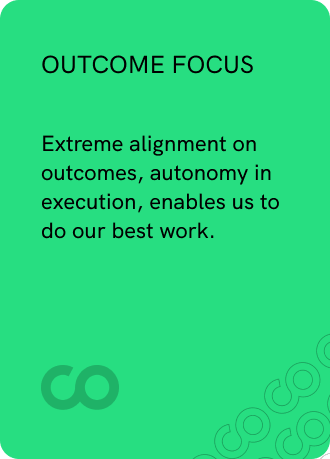
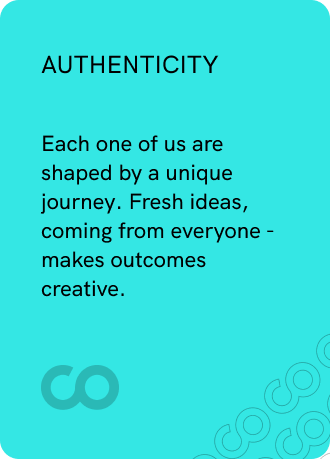
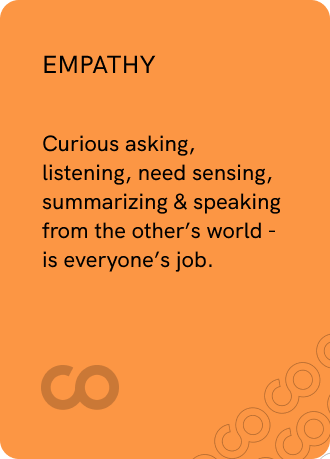
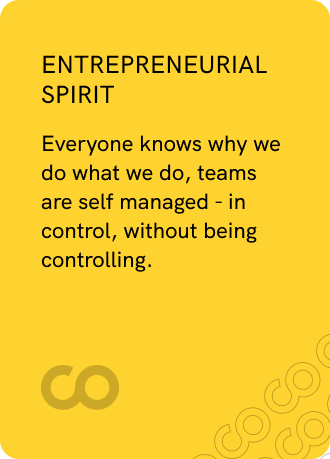
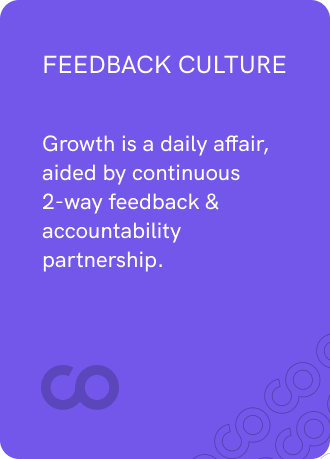
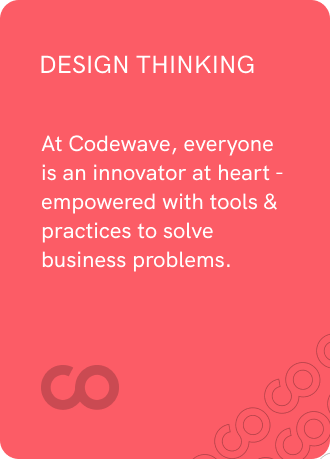
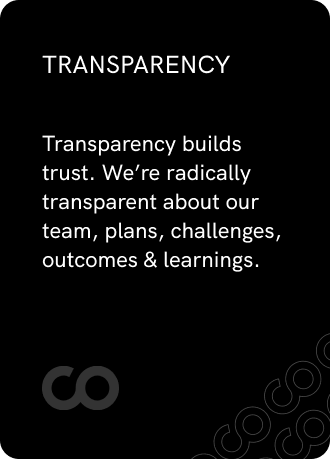
We transform companies!
Codewave is an award-winning company that transforms businesses by generating ideas, building products, and accelerating growth.
Frequently asked questions
CRM consulting services help businesses realign their customer data, sales pipelines, and engagement logic. It improves visibility across teams, reduces manual tasks, and enables faster decisions by grounding every interaction in actionable data.
CRM consultancy services map customer behavior across channels, identify delays, and fix broken engagement loops. They introduce automated triggers, scoring models, and segmentation logic to drive timely responses and contextual interactions at every stage.
Companies hire CRM consulting services when they face high lead drop-offs, inconsistent follow-ups, and siloed systems. Consultants audit workflows, realign logic, and help teams close gaps that hurt conversion or customer satisfaction.
Yes. CRM consulting services fix routing delays, broken field mapping, outdated automation, and third-party integration issues. Consultants restructure your CRM instance for clean data flows and reliable operations across sales, support, and marketing teams.
Absolutely. CRM consultancy services adapt pipelines, journey stages, and engagement tactics for both models. Whether it’s enterprise deal cycles or high-volume leads, consultants rewire the logic to match your GTM playbook.
Codewave’s CRM consulting services focus on clarity and control. We don’t just implement tools—we identify funnel friction, audit response SLAs, and redesign engagement logic using actual performance metrics and domain-specific patterns.
Yes. We audit your CRM instance, fix schema inconsistencies, and plan migrations with zero data loss. Codewave also redefines object relationships and automation flows to support your GTM strategy and internal workflows.
Codewave provides CRM consultancy services for healthcare, energy, retail, insurance, and more. We tailor pipeline logic, escalation rules, and engagement flows to suit domain-specific needs and operational patterns in each industry.
Absolutely. Codewave reconstructs scoring logic, sales stages, and routing rules to match your exact workflows. We create CRM structures that support cross-team collaboration, real-time escalations, and campaign logic grounded in business KPIs.
We define clear benchmarks—lead response time, conversion rates, NPS lift—and tie CRM improvements to those metrics. Codewave runs post-rollout audits to measure funnel gains and usage patterns, ensuring consulting drives visible performance change.
Yes. Codewave enables cross-platform syncs via secure APIs. We connect CRM with ERP, CDP, and billing tools, ensuring all departments access real-time customer data and enabling smoother handoffs across sales, service, and finance.
We begin with a CRM audit—analyzing funnel blocks, automation gaps, and misaligned fields. Based on that, Codewave proposes a roadmap covering architecture fixes, custom logic, platform tuning, and integration priorities across your business tools.
Most in demand
Comprehensive Backend Development Services and Solutions

LMS Development Services for Modern Learning Needs

Database Migration Service for Enterprises

AI OCR Solutions for Accurate Document Processing

Enterprise Blockchain Development Services

Cross-Platform Mobile App Development Services

Custom Enterprise Application Development Services

Custom E-Commerce Solutions for Enterprises

Travel Technology Solutions and Services Management

Global Design and Innovation Consulting Services

LLM in Corporate Compliance and Risk Management

Services in Software Development

Travel Technology Solutions and Services

Generative AI Consulting and Strategy for Business Innovation

Application Operations and Management Services

Secure, Reliable Cloud Application Modernization Services

Global Design and Innovation Consulting Services

Enterprise Cloud Consulting & Implementation Services Solutions

Ecommerce Web Design & Development Services

Trusted, Unified Xamarin App Development Services You Need

Custom EHR/EMR Integration Services for Connected Healthcare

Cyber Security Consulting Services for Scalable Resilience

AI and Data Analytics Services Solutions

Enterprise App Development Services

Business Intelligence and Data Analytics Solutions

Convert Your Website into a Mobile App for Android and iOS

Managed Healthcare IT Services and Solutions

Custom .NET Software Development Services & Solutions

Website Design and SEO for Medical Practices and Doctors

Big Data Analytics Solutions & Services

IOT Product Development Services for Faster Decision Making

Cloud-Based E-commerce Solutions and Platforms

Custom Financial Software Development Solutions

Enterprise Automation Solutions and Services

Power Up Digital Change with Strategic Design Thinking Workshops

Design Thinking-Driven Strategic Digital Transformation Blueprint

Generative AI Development Platform
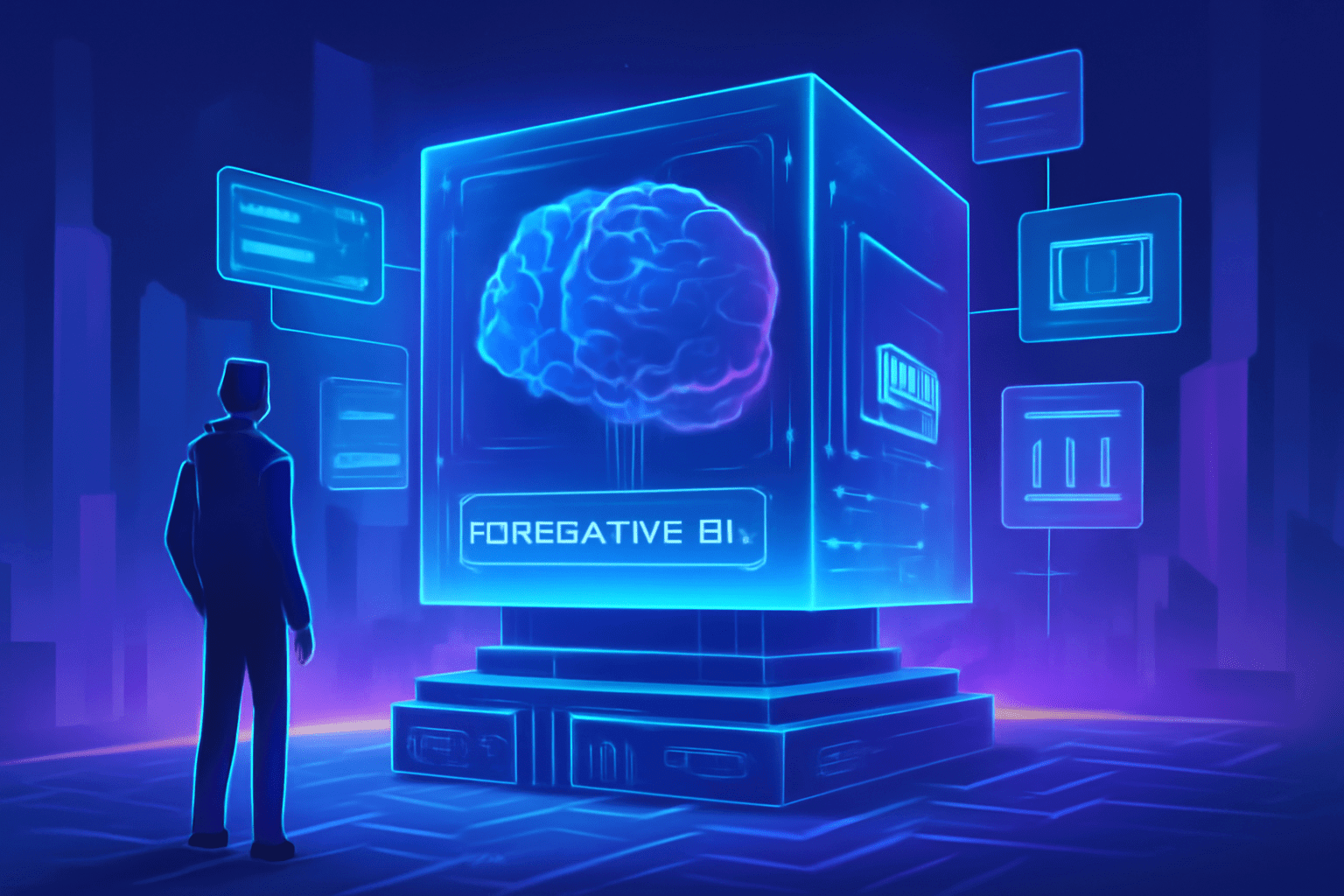
Information Technology Strategy and Consulting Services

Product Design and Development Services

Custom Responsive Web Design Services

Magento eCommerce Development and Design Services

Transportation and Logistics IT Services and Solutions

Decision Intelligence Strategy

Automation for Operational Efficiency

Digital Talent Transformation

Integrated CX And UX Design For Delight

Digital Transformation ROI Measurement

Digital Core Modernization
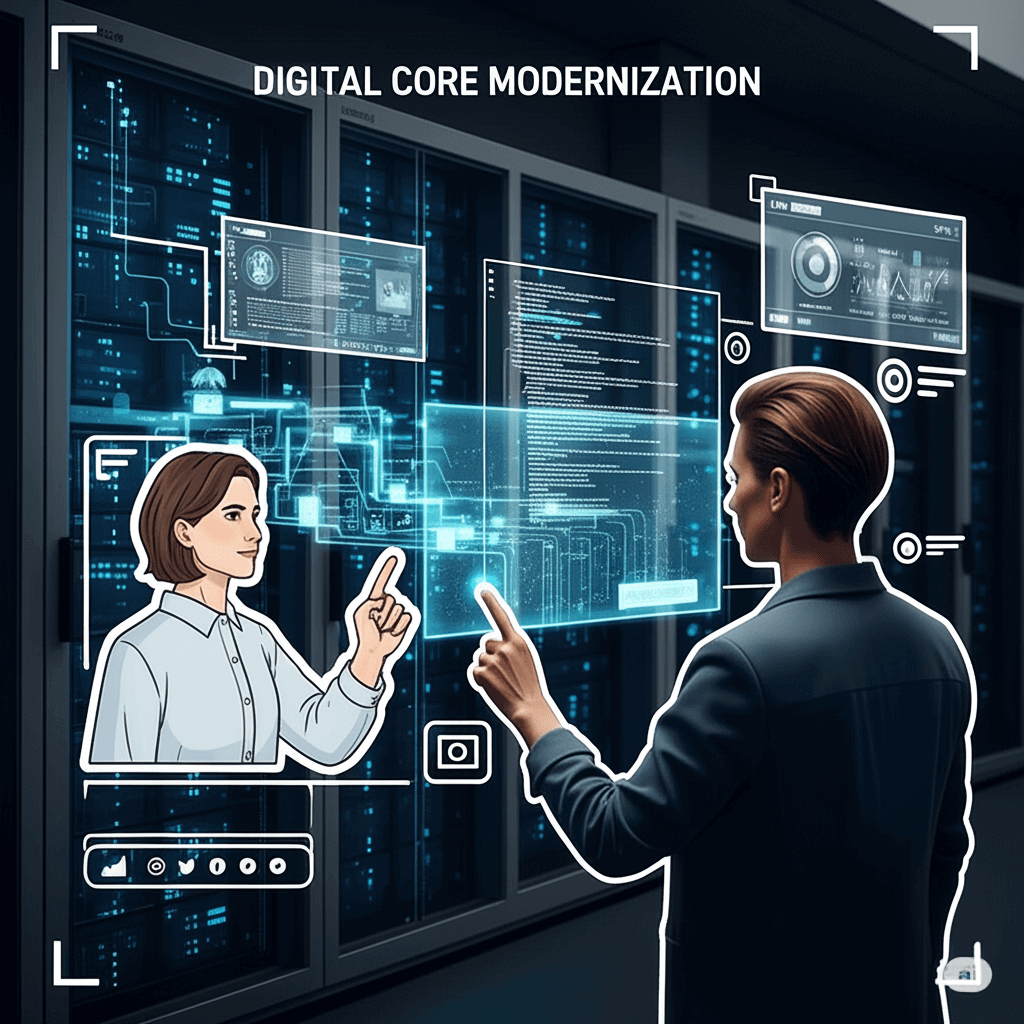
Cloud Migration Services

AI Accounting Software

Software Product Development Services

Decentralized Finance (DeFi) Development Solutions and Services

Startup Software Development Services

Django Development Company for Scalable Web Solutions

HIPAA Compliance and Advisory Services Solutions

Drupal Development Services

Business Analytics Services

Telemedicine Software Development Services

Support and Maintenance Services for Mobile and Web Applications

Cryptocurrency Development Services and Solutions

AI Testing Services / AI-Powered Testing Services

IT Infrastructure Services

ASP.Net Software Development Services

Retail IT Solutions and Services

Managed Application Services

Data Warehouse Services

Data Science Consulting

Agentic AI Product Design And Development Services

Healthcare Mobile App Development Services

CRM Consulting and Implementation Services

Custom Database Development Services and Solutions

Transportation and Logistics Software Development Solutions

Secure Payment Gateway Integration Solutions

Data Management Services

Java Software Development Services

PHP Development Services

Fast, Scalable, Secure Node.js App Development

Power BI Consulting Services

IT Project Management Services

NFT Token Development Services

DevOps Consulting and Services

Web Data Mining Services

Front-End Development Services

Managed Services for E-commerce Success

Website Redesign Services for Strengthening Your Web Presence

Custom SaaS Development Services

Custom CMS Web Development Services

NFT Marketplace Development Services

Smart Contract Development Services

Oil and gas IT services

AI Audit for Startup Companies | Best Website Audits

PrivateGPT Development Services

Swift iOS App Development Services

Web3 Development Services Company

AI-Native Product Design and Development Services

Personalized Learning with AI for Education

Microsoft Dynamics 365 Customer Service with AI

Energy Management Software Solutions Platform

Human Machine Interface Software Development Service

Education Software Development Services

Retail Software Development Services and Solutions

DEX – Digital Employee Experience Software Services

Decentralized Exchange Development (DEX) Company

Offshore Software Testing Services

Backend Development Services and Solutions

Travel and Hospitality Software Development Services

Fintech Software Development Services

Data Visualization Consulting Services

Digital Solutions For Agriculture and Software Services

Payment Gateway and Software Development Services

B2B Travel Software and Booking

MEAN Stack Development Services

24/7 Managed NOC Services

Database Migration Service

Design-Led AI Consulting for SMEs and Startups

AI Solutions Development Services

P&C Insurance Software Solutions

MLOps Consulting Services

Generative AI Services and Solutions

Conversational AI Platform Development

AI and Analytics for Retail Solutions

Artificial Intelligence Video Chatbot Services

Digital-First Banking IT Services

Golang Development Services

MVP Development Services

eLearning Software Development

Agile Software Development Services

Data Warehouse Consulting and Management Services

IT Services Management Consultancy Services

Learning Management System Consulting Services

iOS App Development Services Company

Ecommerce Services

Marketing Automation and CRM Solutions

Industrial IoT Solutions and Services

Healthcare Data Analytics Solutions

Cryptocurrency Wallet Development

Digital Strategy Consulting Services

B2B Portal Development

Embedded Technology Innovation

Process Automation

XR Application Development

Artificial Intelligence and Machine Learning Consulting Services

Cloud Infrastructure

Blockchain Implementation

Flutter App Development

Angular Development

Mobile Application Testing Tools and Services

Penetration & Vulnerability Testing

QA Testing Services

Reactjs Development

Team Augmentation

Automation Testing

Web App / Portal Development

Python Development

IT Consulting

Custom Software Development

Branding

ReactNative App Development

Web and Mobile App UX – UI Design Services

UX & UI Design

Android App Development

Mobile App Development

Idea to Product

IoT Development

Data Analytics Development

GenAI Development

AI/ML Development

Design thinking

Process Automation

Digital Transformation

Customer Experience Design































































